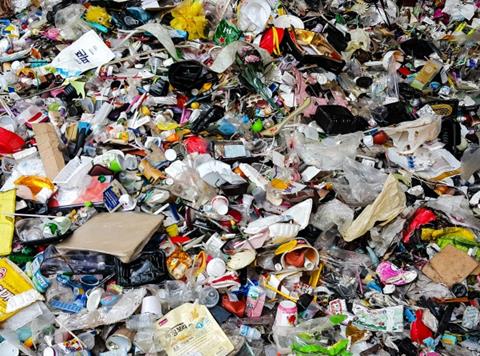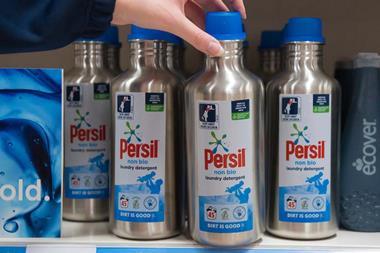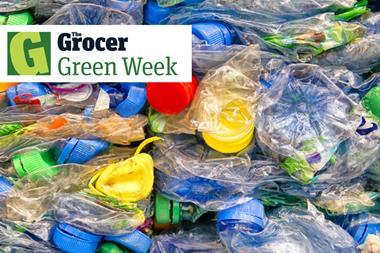
Thousands of companies are facing legal action after being branded as “freeriders” out to take advantage of the government’s flagship extended producer responsibility scheme.
The Environment Agency has announced it has set up a dedicated unit to chase down companies who are exploiting the new packaging fees. It warned that as well as breaking the law, they were making it impossible for the government to establish accurate estimates for the base fees for EPR, which are due to come into force in October next year.
The announcement of the hunt comes with the deadline for the second set of data for EPR, covering the period January to June, having passed last week. Thousands of companies still have yet to report their data for the previous April deadline, covering the period July to December.
The agency said as well as thousands of known companies having failed to provide data, it was gathering information about a “large number” of companies that were previously unknown to the authorities, which it is threatening with legal action if they are caught.
The agency has urged other companies to inform on businesses if they became aware of people trying to cheat the system.
Environment Agency executive Virginia Woolley told a briefing with suppliers that the government was doing all it could to tackle those trying to exploit the system.
“The EA has set up a dedicated team to focus on freeriders,” she said.
She added those facing possible enforcement action included “non-compliant producers identified as freeriders” as well as “businesses that have enrolled that haven’t reported, or have reported partial data”.
“Where necessary we will consider enforcement action,” she said. “We have contacted a large number of organisations and we have successfully brought in several organisations into compliance and we have been able to identify quite a few who no longer need to comply.
“We are taking intelligence from businesses who are telling us about people who are freeriding and we do follow up on that intel.
“Not only are companies that don’t submit data committing an offence, but if they don’t submit data it’s hard to rate accurate illustrative base fees.”
The EA’s efforts to track down non-compliant companies comes as controversy continues over the latest set of base fee estimates revealed by Defra.
Despite the estimates seeing a reduction in the “eye-watering” projected fees facing the raft of industry sectors, some have been left unhappy at the changes, including the aluminium sector.
Tom Giddings, executive director of aluminium packaging recycling organisation Alupro, has called on Defra to “show us your workings”, claiming that producers had still been left facing huge uncertainty over the fees, as well as what he claimed was a lack of transparency about how Defra reached its estimates.
Giddings said there was particular concern over information provided by local authorities, which had provided estimates to Defra on the costs of recycling materials.
“We are saying to Defra show us how you got to these figures.
“Can we see those numbers so we understand how we got to them? Ultimately, these are the companies that are going to be funding EPR so it’s only fair they should have transparency.
“For the aluminium packaging sector, we’re still seeing a huge range of fees and a high-end estimate that is the highest of all materials. We’re not sure why that number is that high, but we’re 100% sure that it doesn’t do much to support the idea that EPR will drive ‘more sustainable packaging choices’.”



















No comments yet